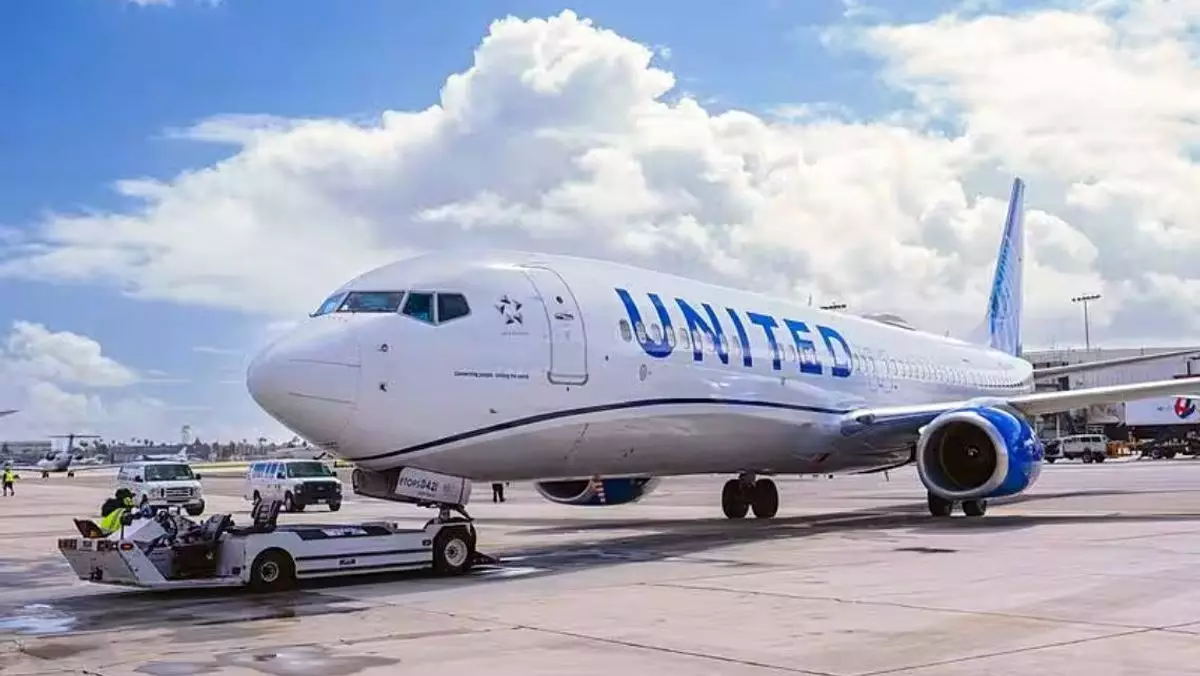A recent widespread technology outage caused chaos around the world, affecting a variety of services ranging from flights to banking and media outlets. This incident shed light on the significant reliance on a small number of software providers and the vulnerability it creates.
The Root of the Issue
Cybersecurity firm CrowdStrike investigated the outage and determined that it was not a security breach or cyberattack. CEO George Kurtz identified the problem, isolated it, and deployed a fix promptly. The disruption was linked to a recent update that caused problems for Windows users of its tools, explaining the far-reaching impact on various industries.
The aviation sector bore the brunt of the technology outage, with over 300 flights delayed and more than 100 flights canceled at major airports in New York City. Airlines like United and Eurowings had to ground flights and implement measures to mitigate the impact on travelers. The incident underscored the importance of reliable IT systems in ensuring seamless operations within the industry.
The technology outage reverberated beyond the United States, affecting airlines in countries like South Korea and Germany. Low-cost carriers faced challenges with ticketing systems and online services, leading to delays and cancellations. The disruption extended to Asia, with airports in Singapore, Malaysia, and Thailand experiencing similar issues, disrupting passenger travel and airport operations.
The outage also impacted critical infrastructure, such as automated border control systems at Bangkok’s airports, causing disruptions to travel operations. The president of Thailand’s airport authorities advised passengers to arrive at least four hours before their departure to account for potential delays. This incident highlighted the interconnectedness of technology and the need for resilient systems to prevent widespread disruptions.
Lessons Learned
The technology outage served as a wake-up call for industries and businesses reliant on a limited number of software providers. It emphasized the importance of diversifying and strengthening IT infrastructure to withstand unforeseen challenges. The incident demonstrated the ripple effect of disruptions, underscoring the need for robust contingency plans to minimize the impact on services and customers.
The recent technology outage that affected global services showcased the fragility of relying on a handful of software providers. The incident disrupted flights, banking services, and media outlets, exposing vulnerabilities and prompting industries to reevaluate their reliance on specific technology platforms. Moving forward, companies must prioritize resilience and redundancy in their IT systems to prevent similar widespread disruptions in the future.


Leave a Reply